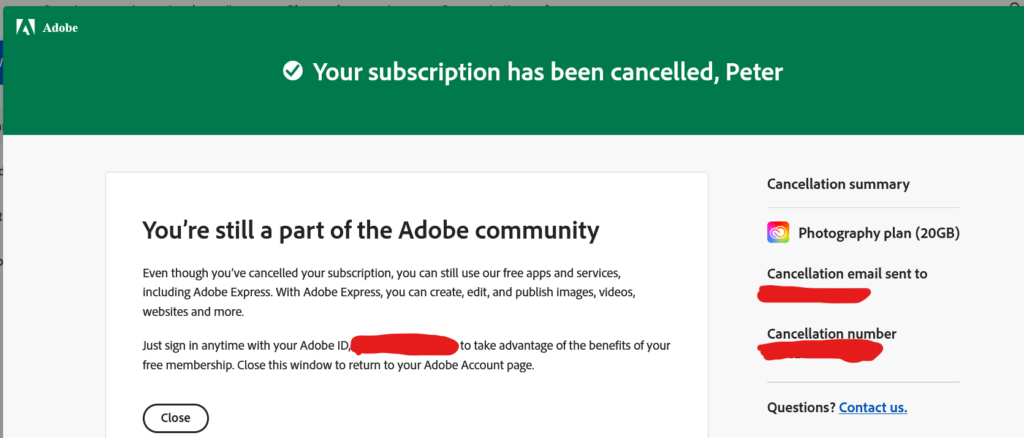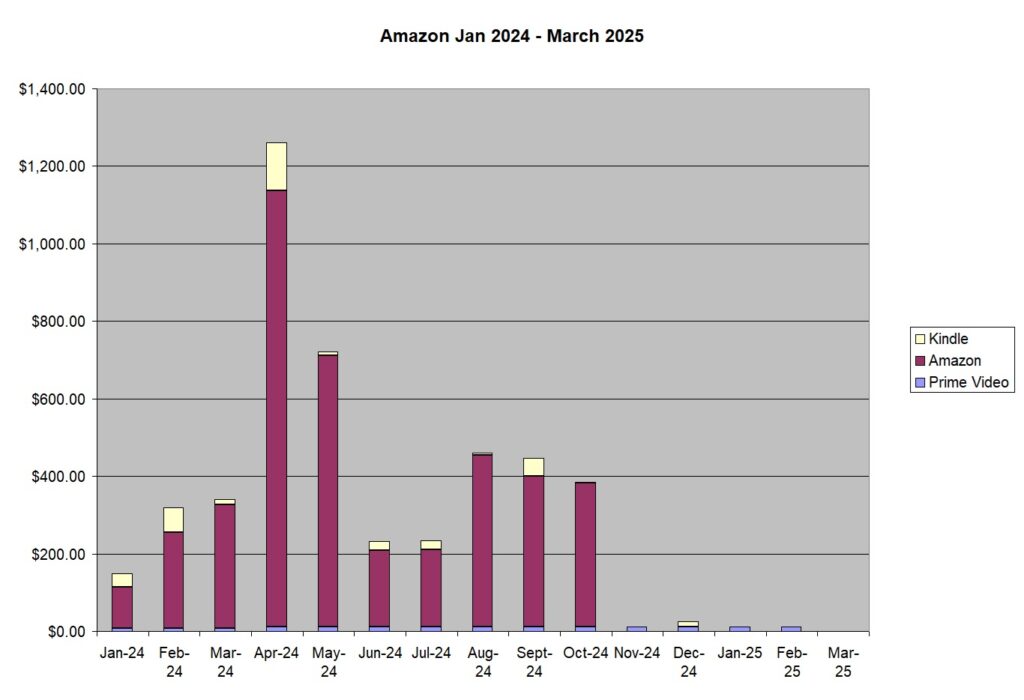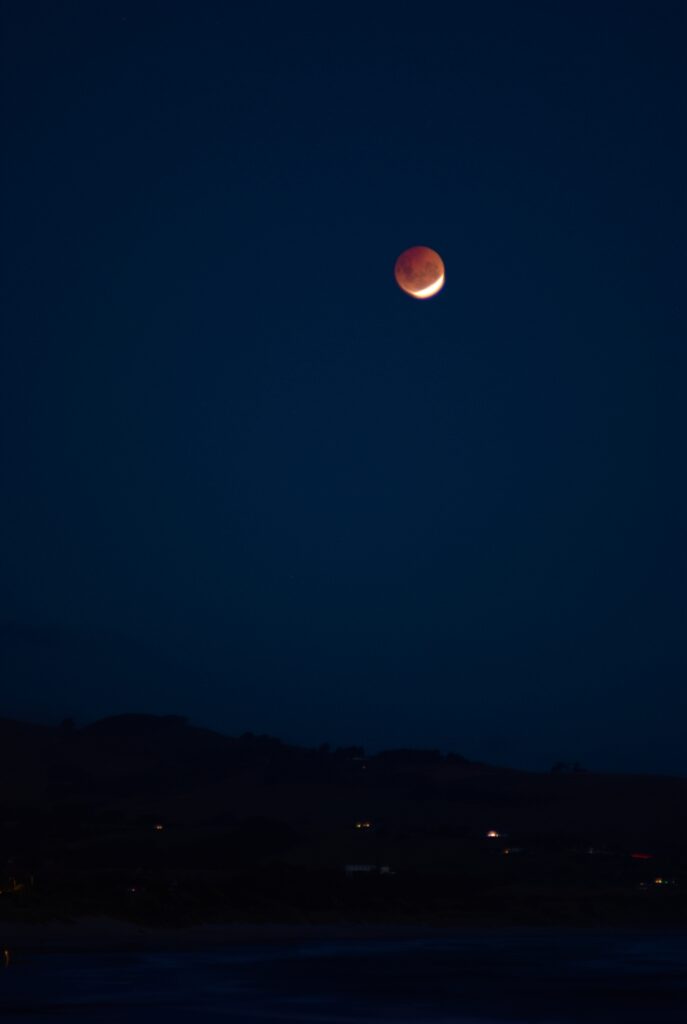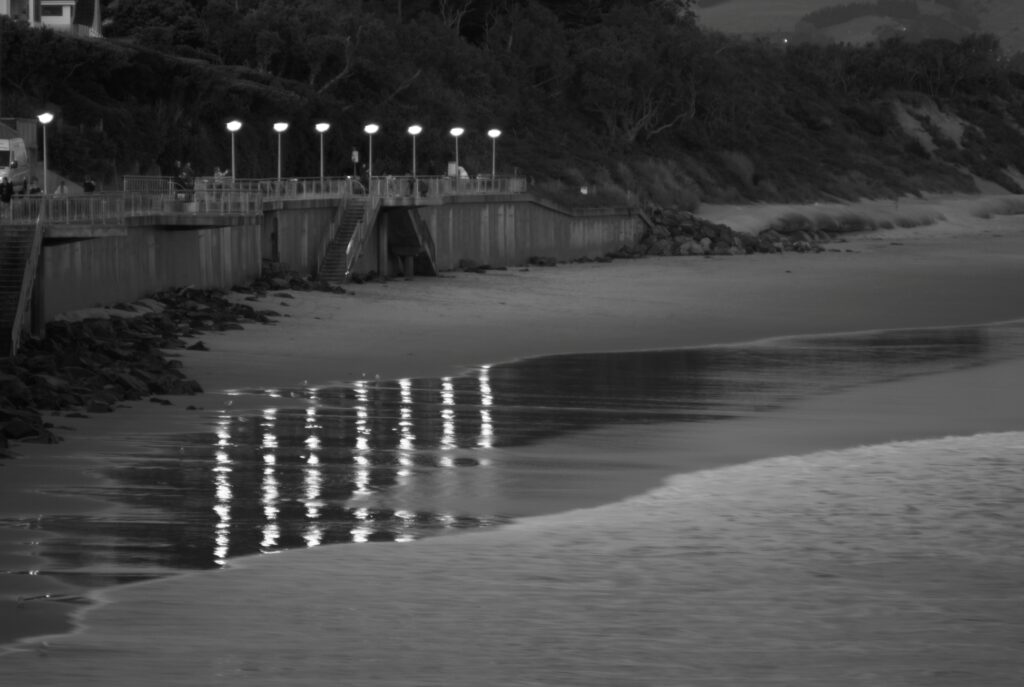A few days ago Alec at the excellent YouTube channel Technology Connections published a video that strongly articulates some of the misgivings that I share about the modern online experience.
The conversation this has precipitated has been heartening. I am far from alone in these concerns.
This blog was in part established as a reaction against the algorithm-driven internet. It’s a way of being the change I want to see in online life. And yet habitually my browsing sessions would still be the same thing. YouTube to Reddit to Bluesky to Facebook and repeat.
So I had a good think and I realised two major pillars of my pre-algorithm life had receded: bookmarks and RSS feeds. Really Simple Syndication (or Resource description framework Site Summary) is still a thing. It allows you to set up customised federated feeds of content across from different sites into one single service or app. Instead of setting up notifications, you look at your feed on your own schedule and read or watch articles and videos in your own way.
Bookmarks are simpler, allowing you to save urls of sites in your browser to return to at your leisure. I hope that’s something you knew already, but on the off-chance you don’t, well … that’s my explanation.
Anyway, I’ve come up with a list of sites I deem worthwhile. Most of them sit outside the list of most popular websites, except for one at time of writing (a search engine). Take from this list what you want. Rebuild your own internet experience into a bespoke model instead of a series of walled gardens.
Reject push notifications, embrace RSS.
Tools
- Firefox – despite some recent controversy, this remains my preferred browser and is available for Windows, Android, iOS and Linux. Just make sure you go into the browser settings and uncheck the boxes under “Privacy & Security” for “Firefox Data Collection and Use”. I like how it works with browser add-ons. With Chrome withdrawing support for Manifest V2 it means some ad-ons will no longer work on Chrome based browsers. Especially ad blockers. Which brings me to…
- uBlock Origin – the simplest way to block ads in your browser. I have yet to suffer an ad while watching YouTube on Firefox with this add-on enabled. I can’t recommend it highly enough.
- DuckDuckGo – my recommended search engine. Escape the generative AI answers of Google and use a search engine that functions in much the same way as Google did in its “don’t be evil” days.
- Mozilla Thunderbird – mainly an email client – much like Outlook – but it makes for an excellent RSS reader.
- Feeder – a web-based RSS reader, allowing you to access your feeds across platforms.
- Pocket Casts – my preferred podcast app. I no longer use Spotify. This app is one I’ve had for years and it’s always served me well in keeping up-to-date podcast feeds and discovering new ones.
News
- Radio New Zealand
- 1 News
- The Guardian
- NPR
- BBC News
- Associated Press
- Reuters
- RTÉ
- Der Spiegel (International)
- Teen Vogue Politics (yes, really)
- ProPublica
- The American Prospect
Opinion
- The Spinoff
- DOC Studios/Big Hairy News – a weeknight stream focusing on NZ politics from the Left.
- Mountain Tui
- No Right Turn
- James O’Brien: the whole show – podcast edition of British talk radio.
Social Networks and Discussion Forums
Tech
Lifestyle
Educational
Blogs
- Whatever – blog of John Scalzi.
- wilwheaton.net – blog of Wil Wheaton
Satire
Webcomics
Miscellany
- Time Team Classics and Time Team Official – Youtube channels of the British archaeology show.
- Rijksmuseum – site of one of the finest art galleries in the world.
- Public Domain Review – dedicated to exploring works now fallen into the public domain
- Ted Talks – we’ve all seen a few, they’re all available here.
- 35mmc – photography site, primarily focused on film.
- Project Gutenberg – free public domain books.
- The Internet Archive – one of the wonders of the internet and a vital preserver of digital heritage.
- NZ On Screen – the best way for Kiwis to enjoy some digital nostalgia.
- Audioculture – for a deep dive into New Zealand’s, well, audio culture.
- Uncut Magazine – dedicated music features and reviews from the UK.
- Atlas Obscura – unusual things from around the world.
Again, take from this what you wish. My tastes very likely aren’t yours. But I think the approach has some merit, just in terms of where our digital lives are headed.



